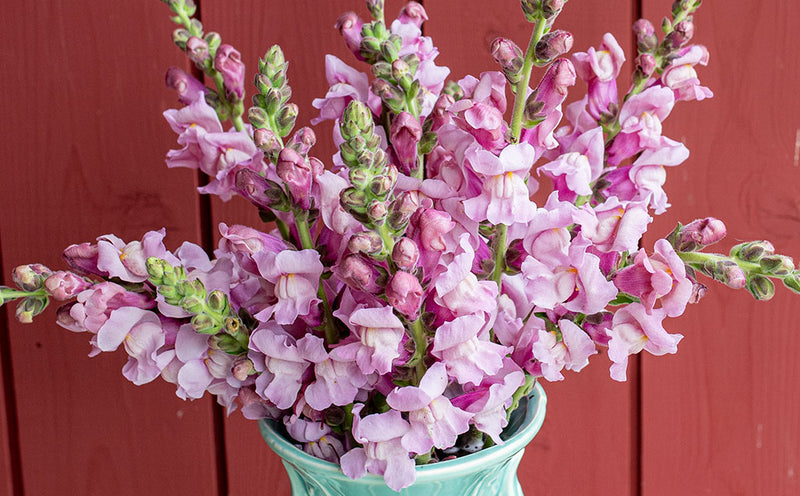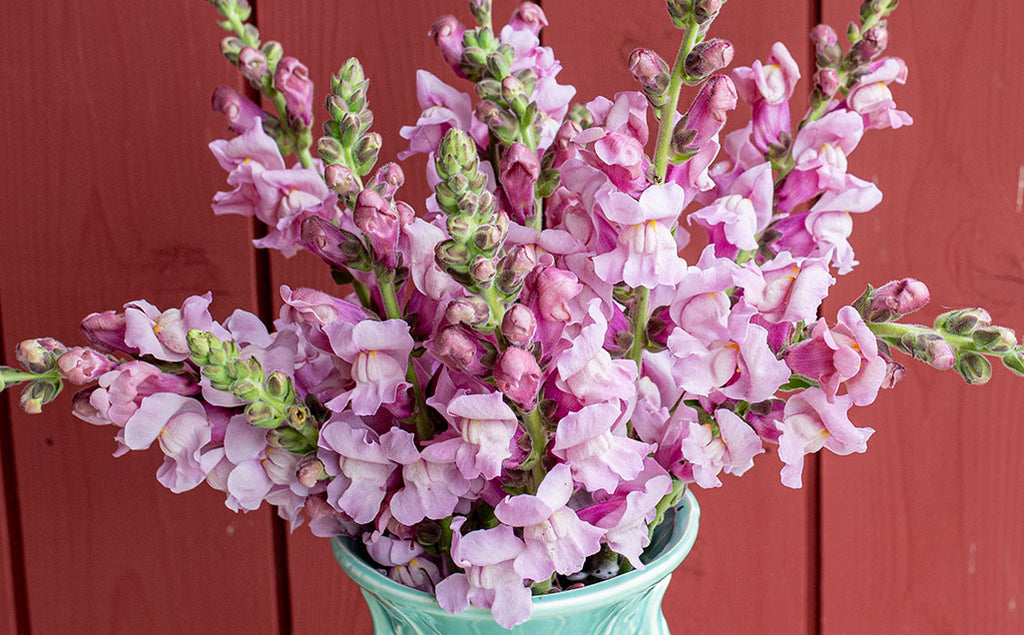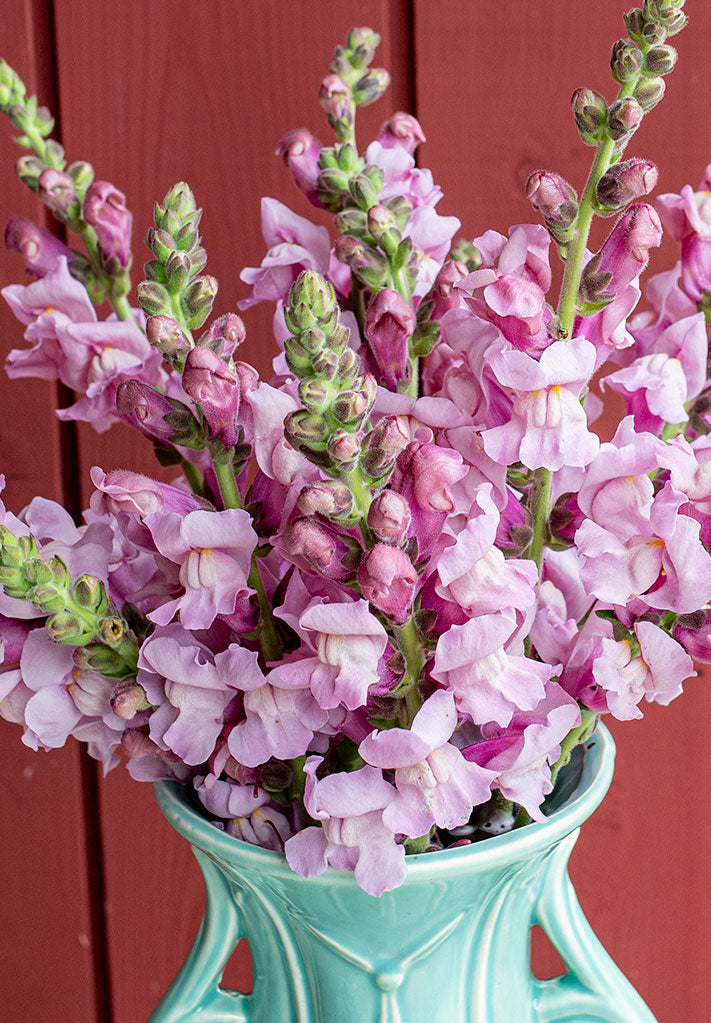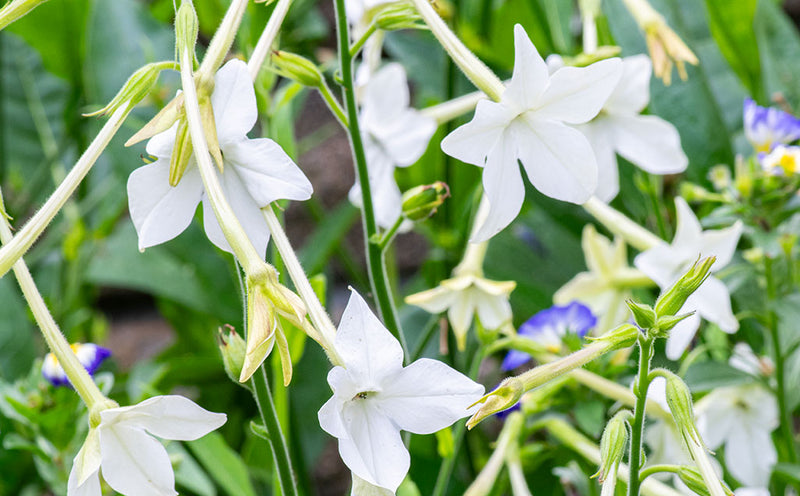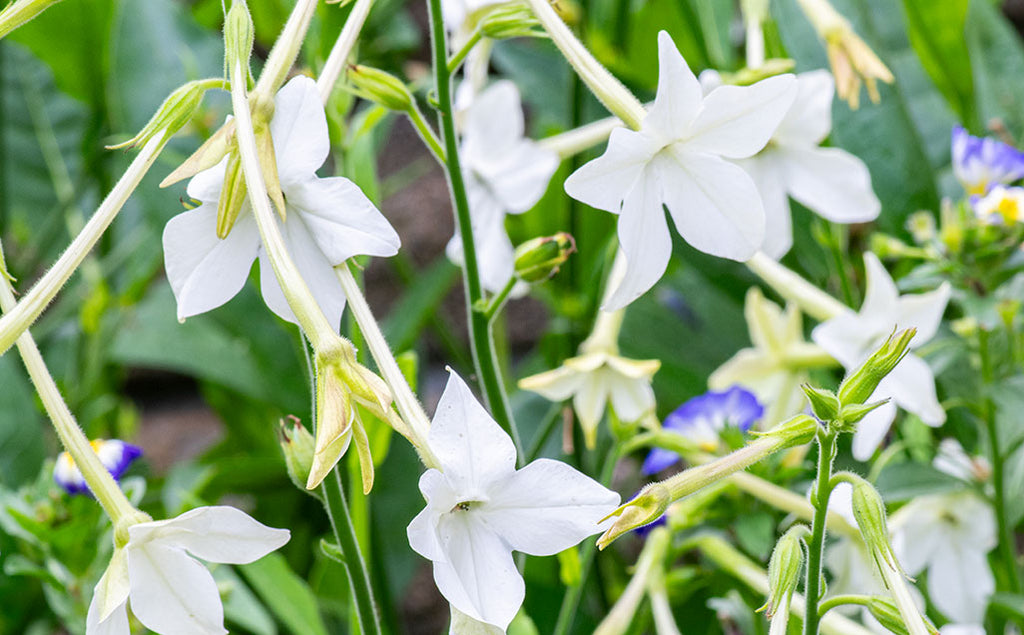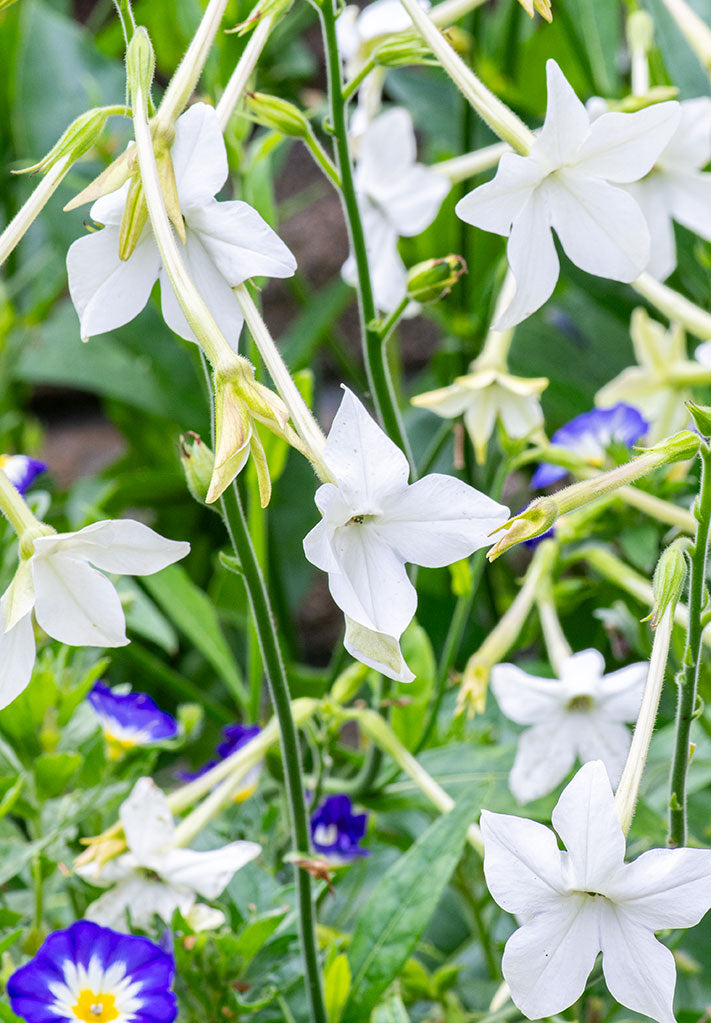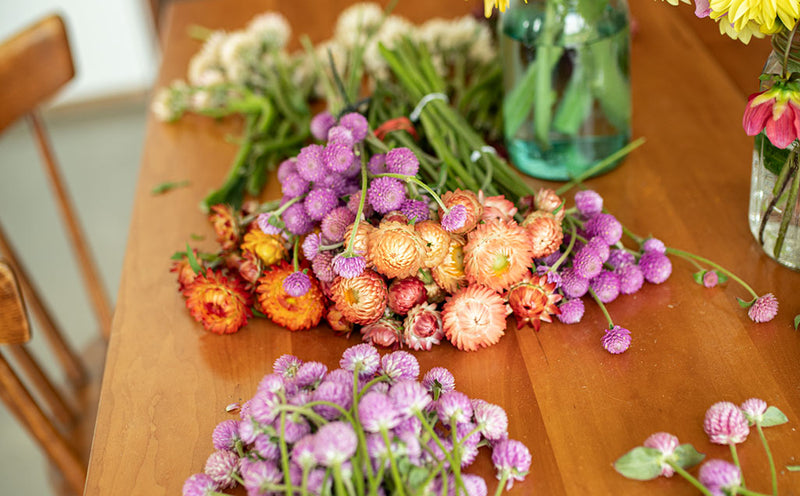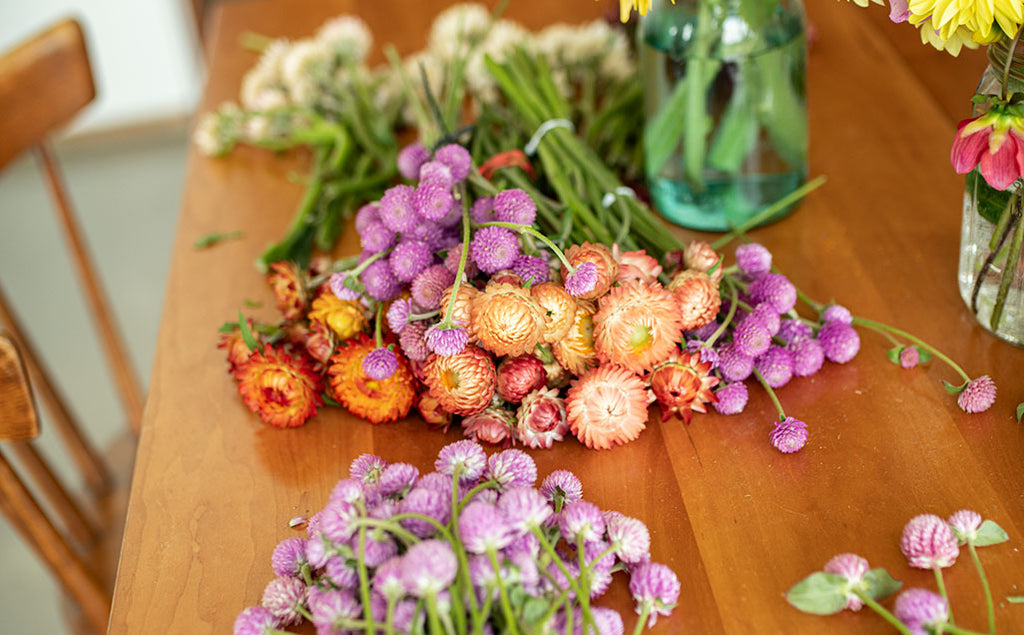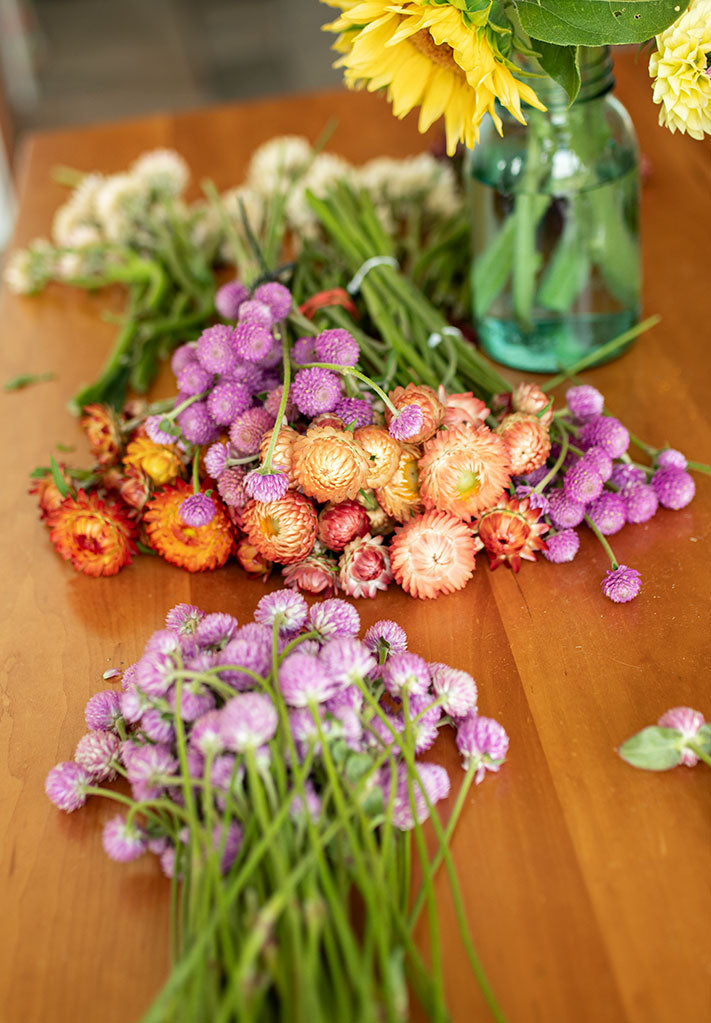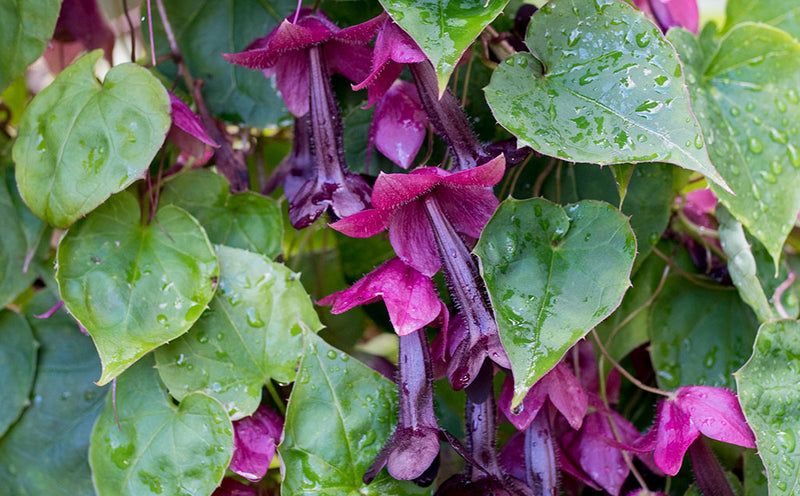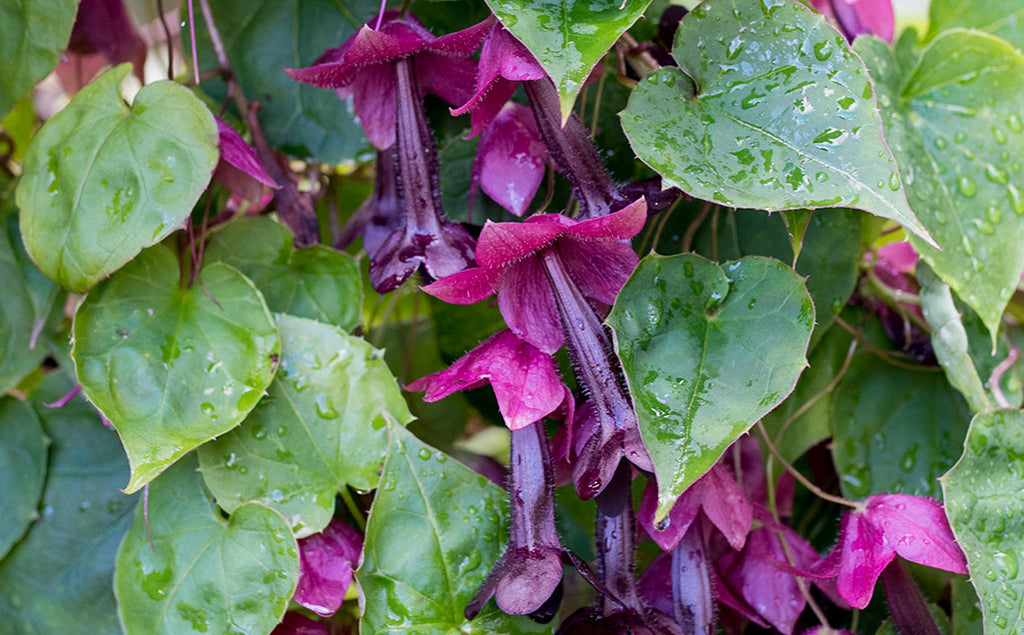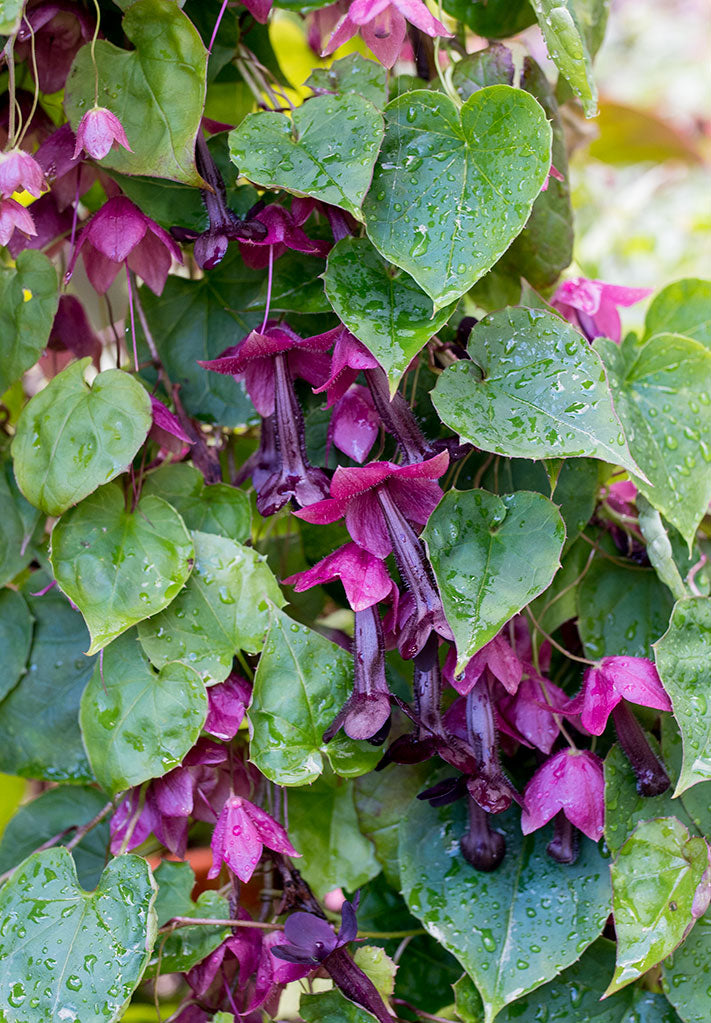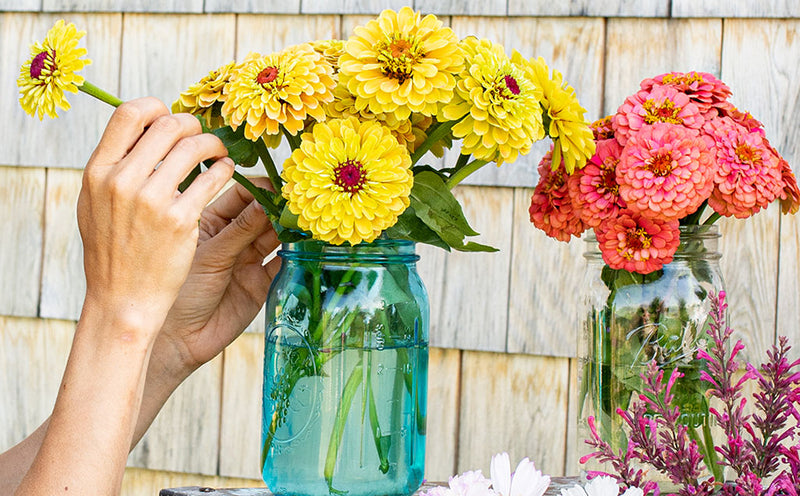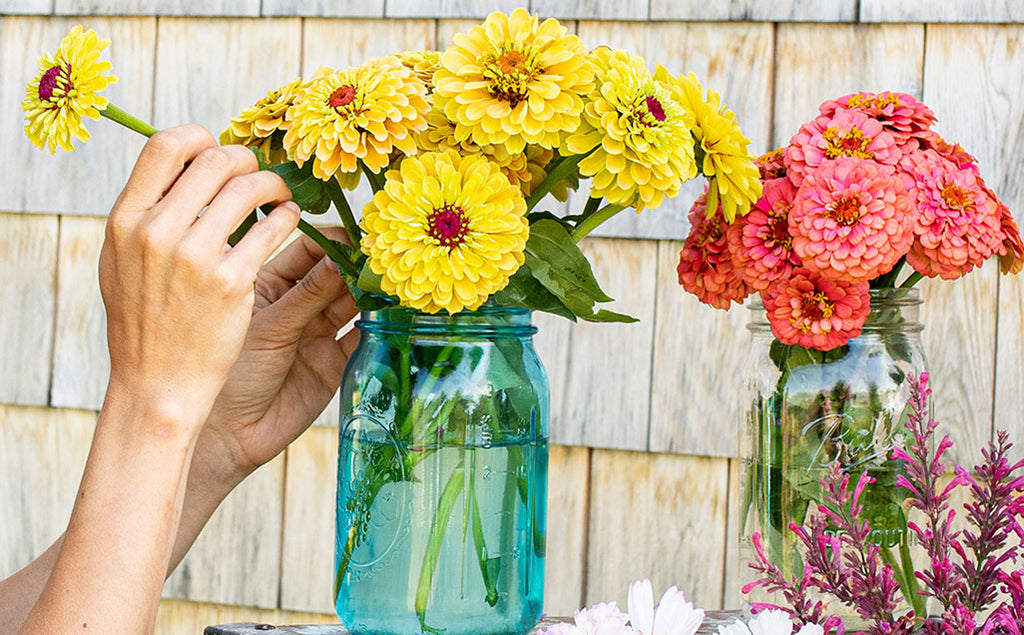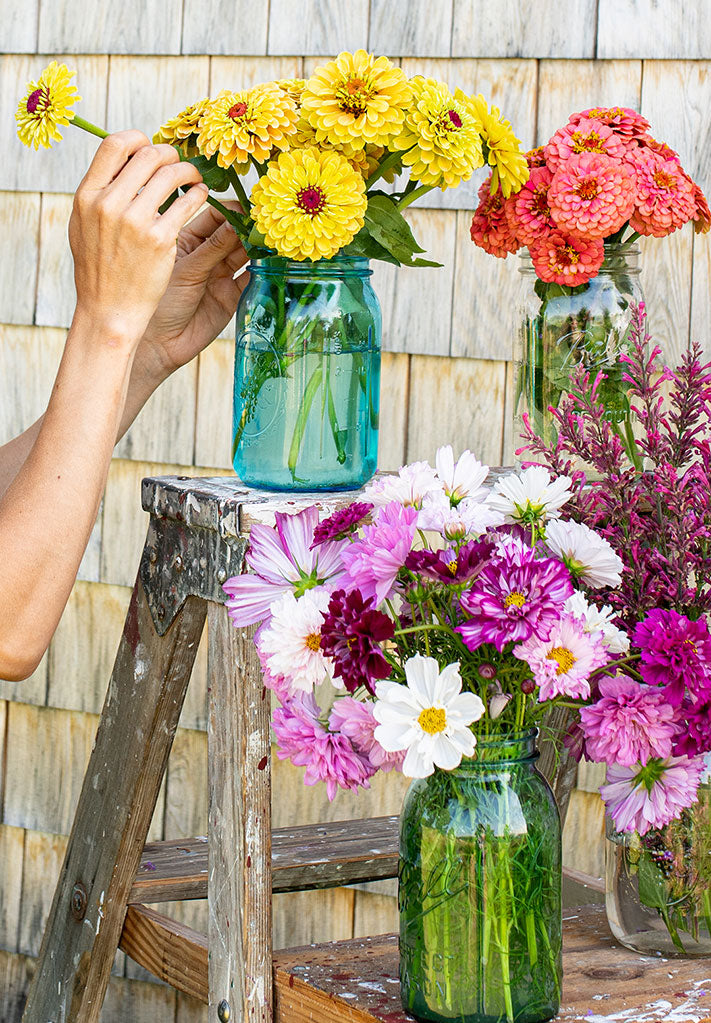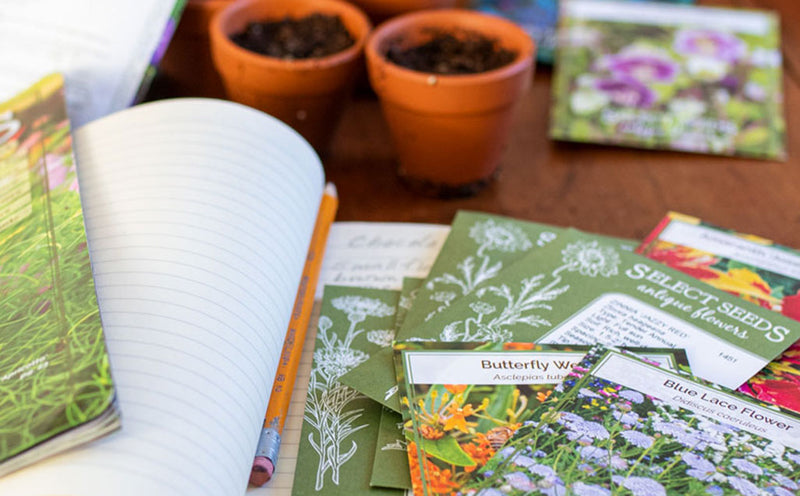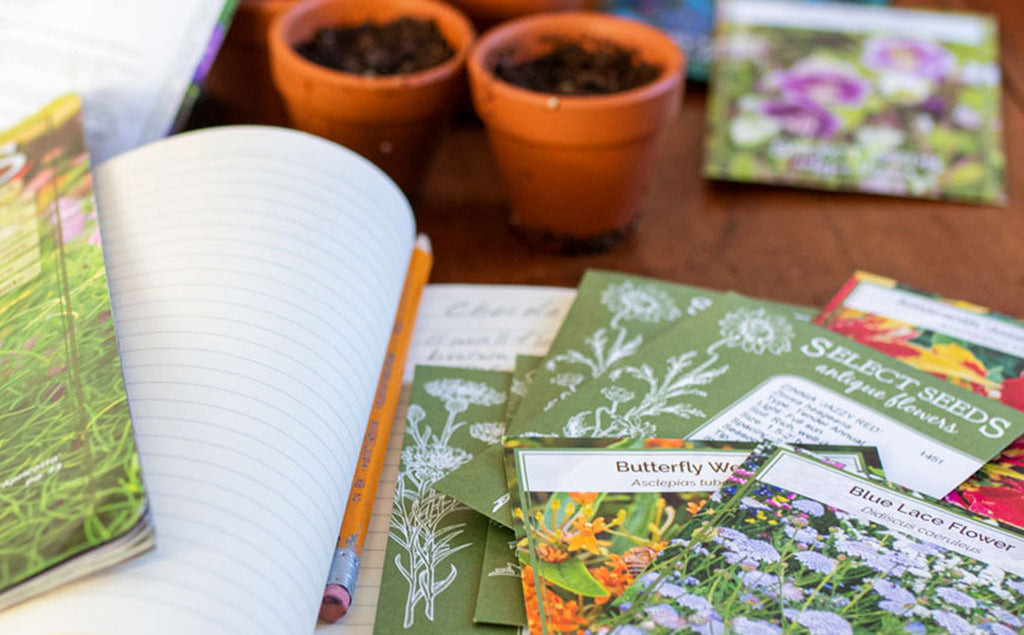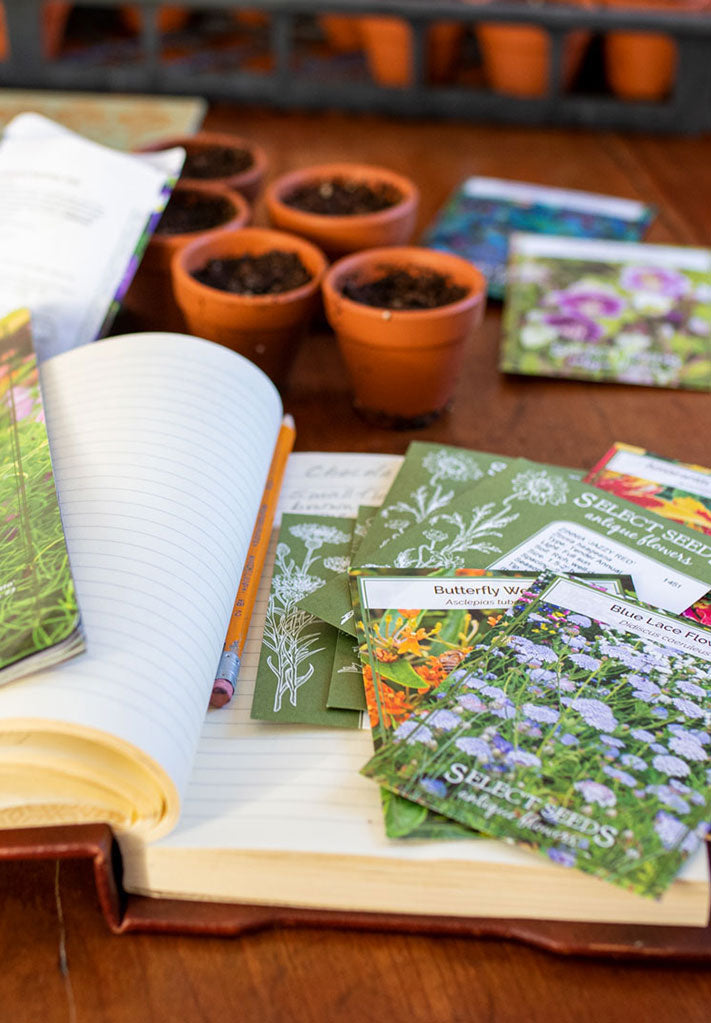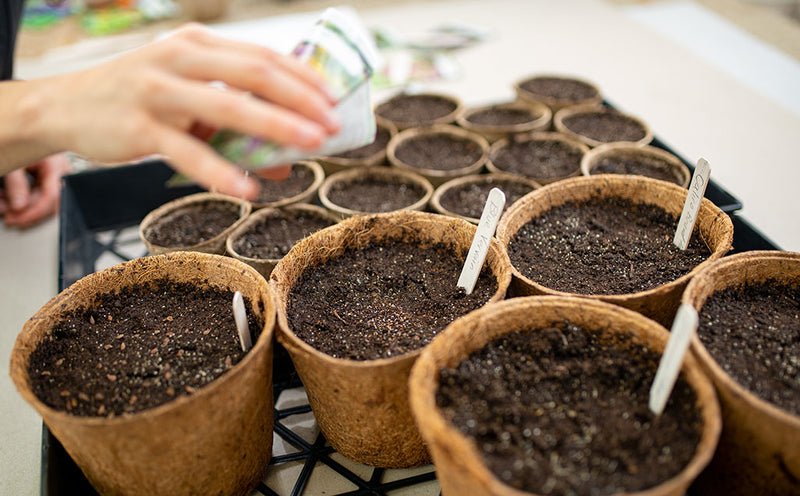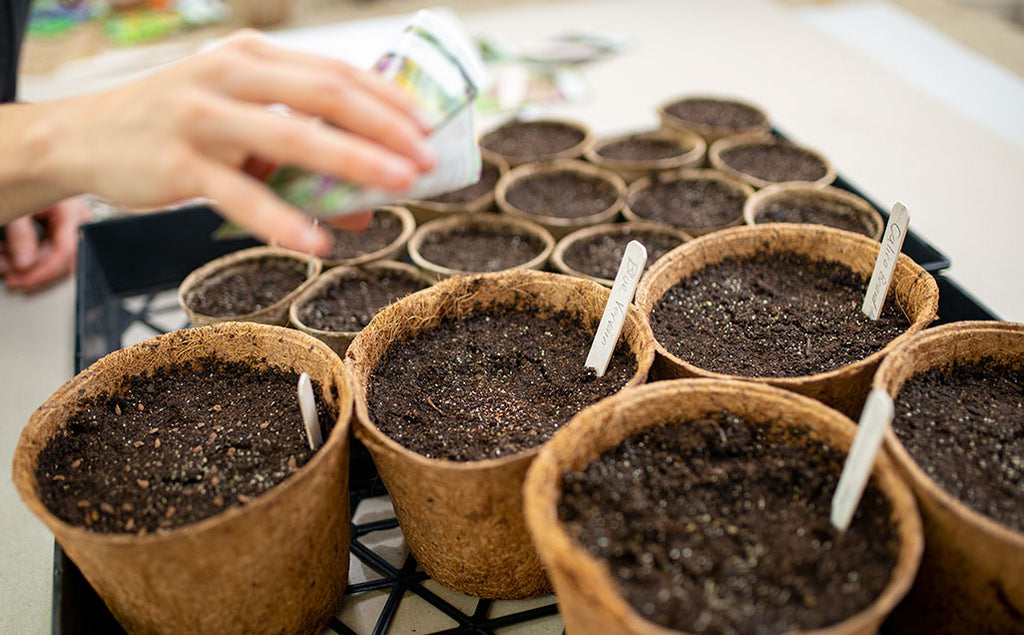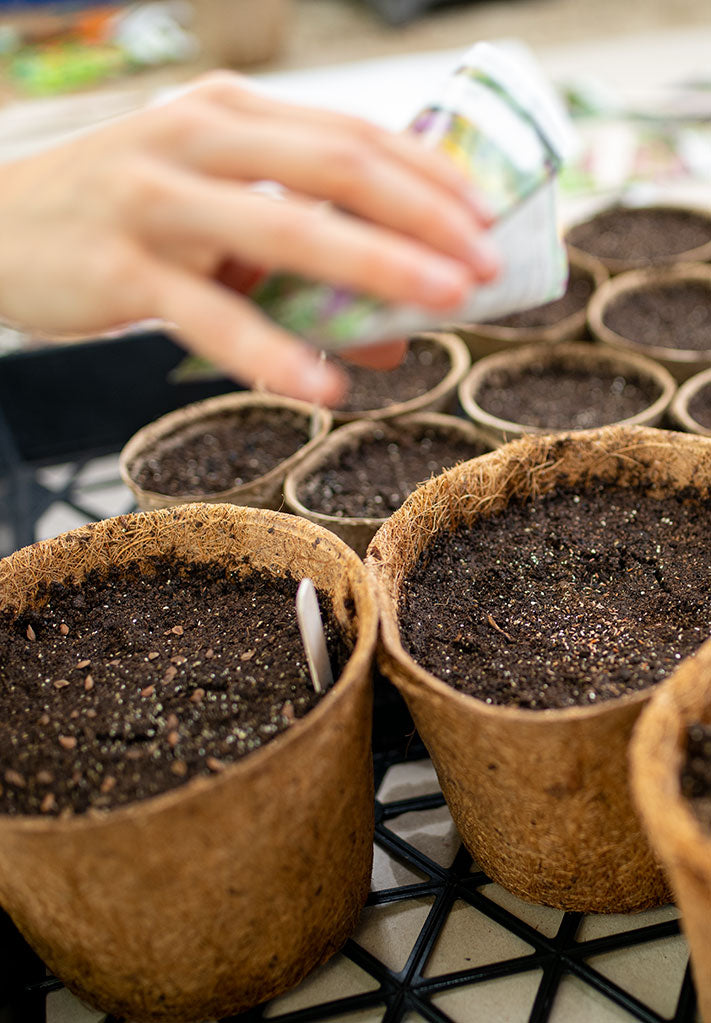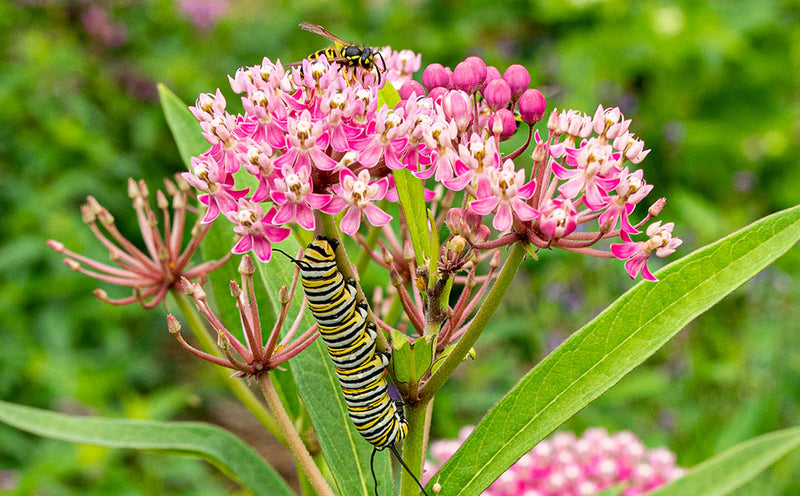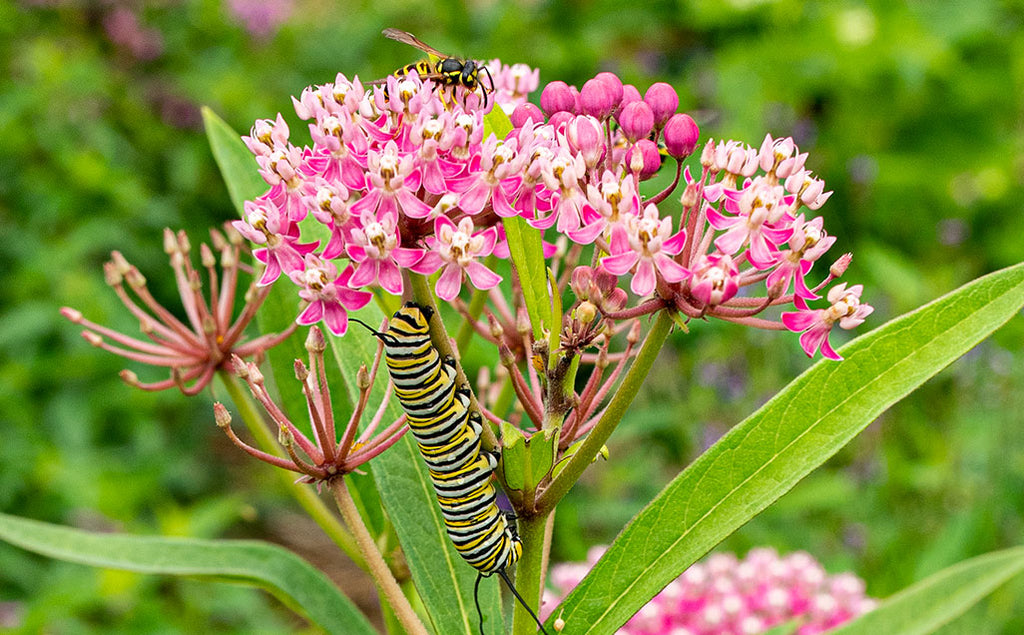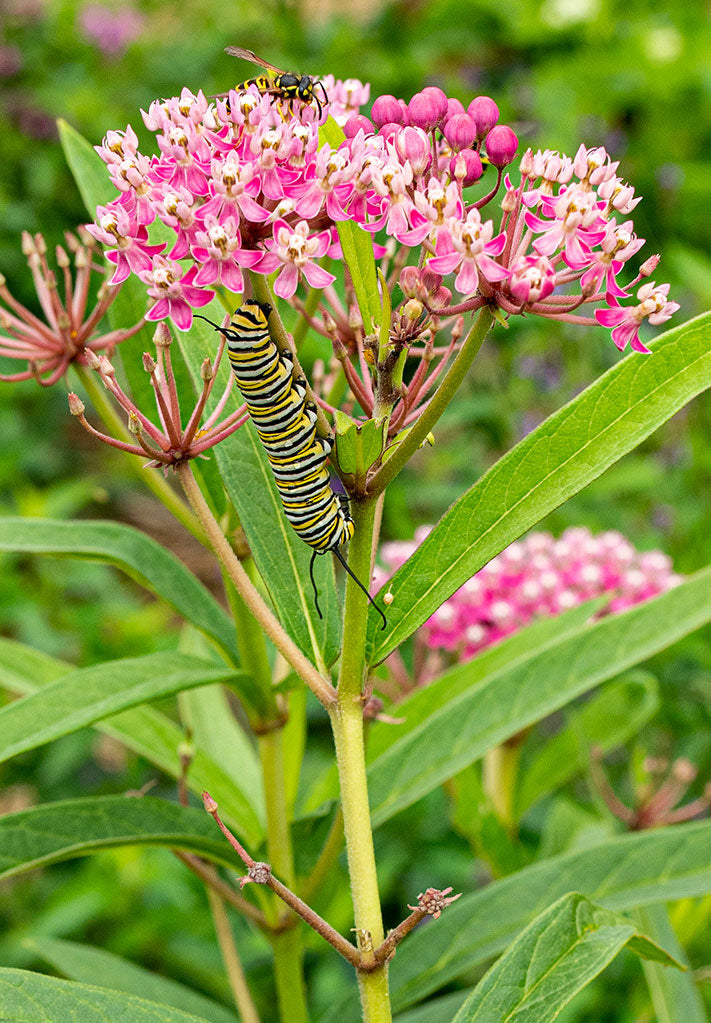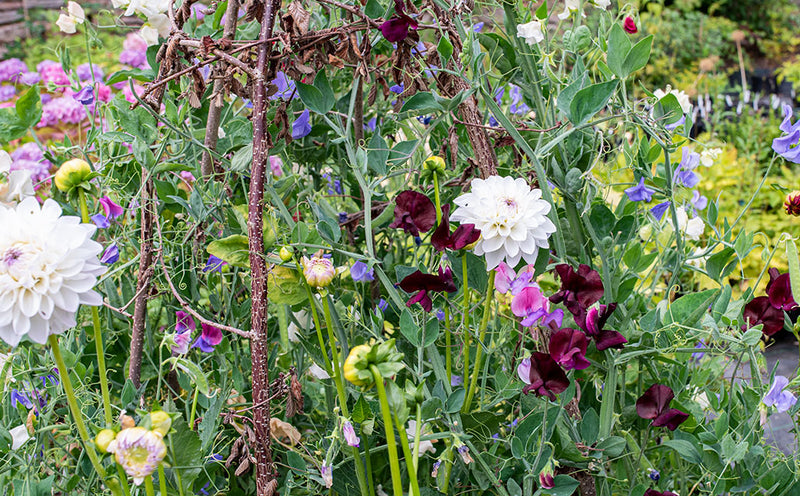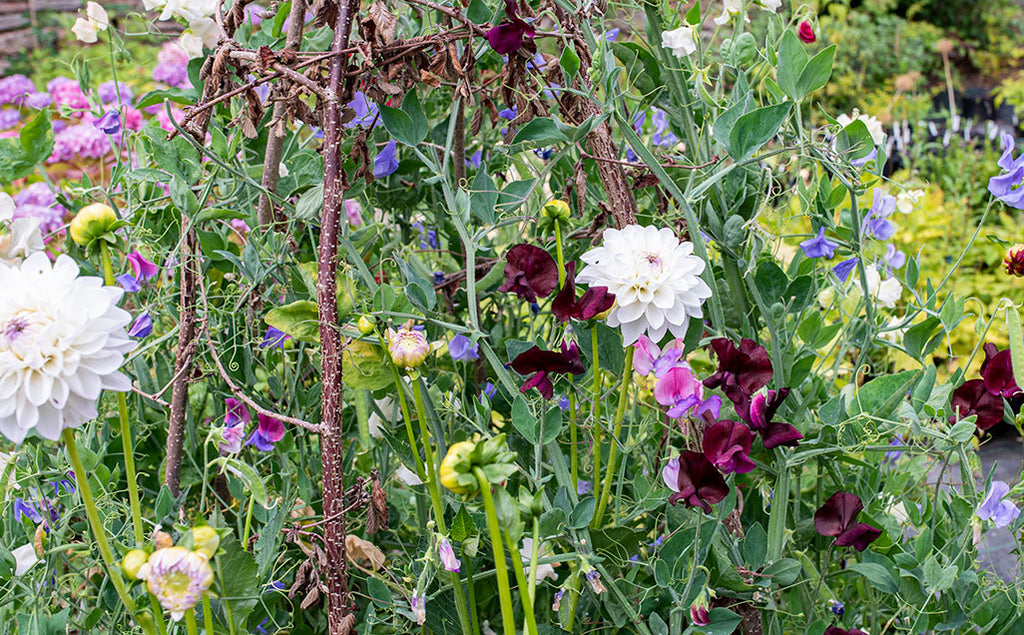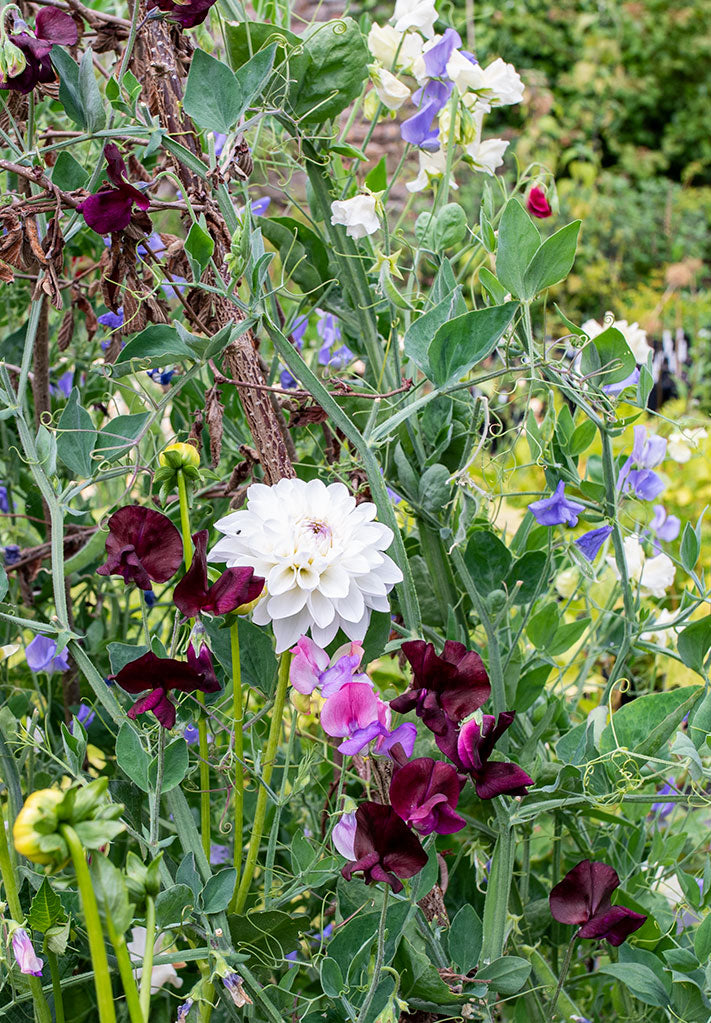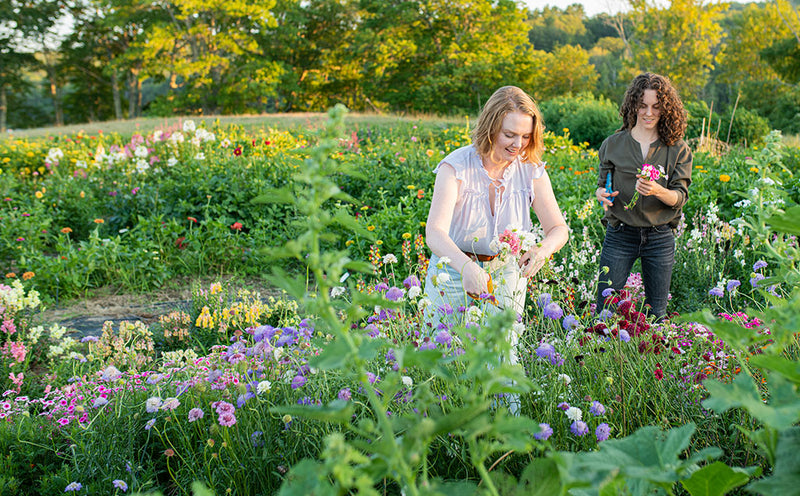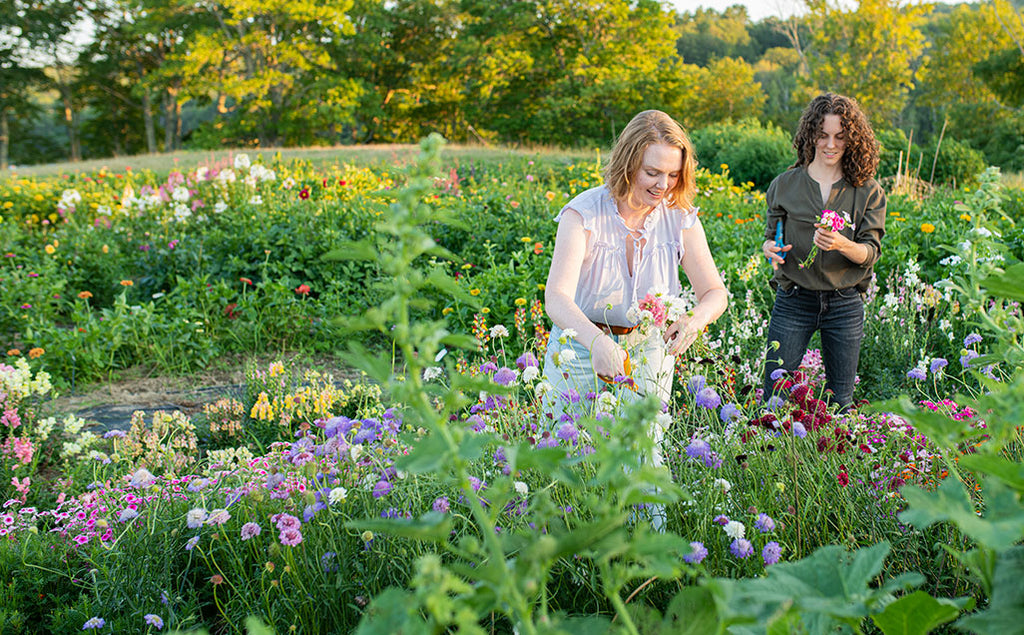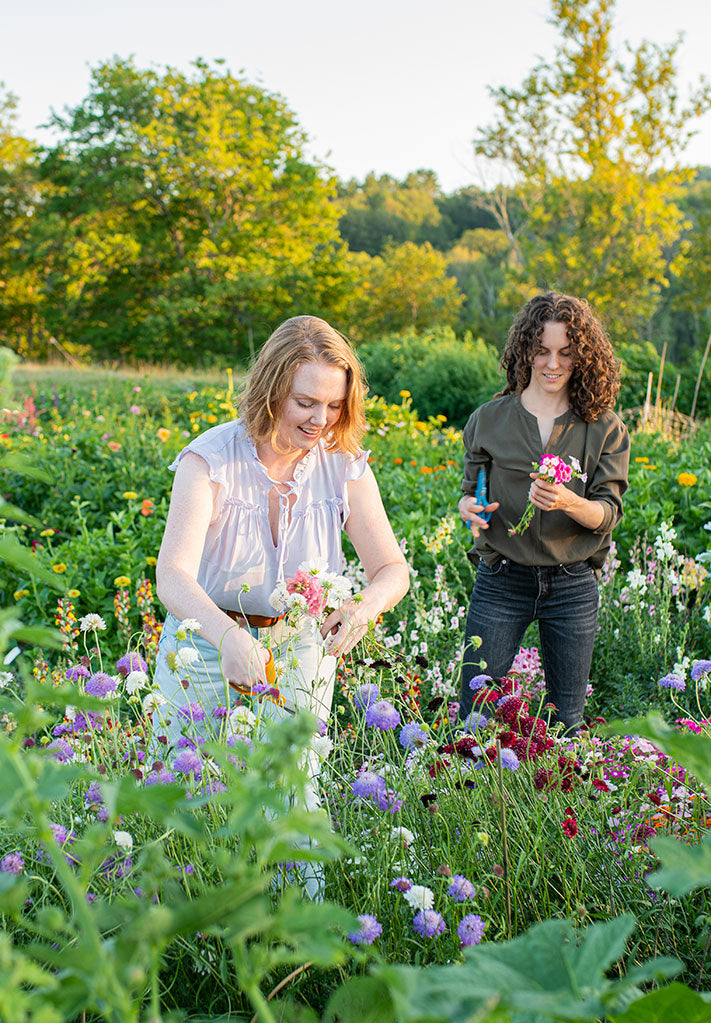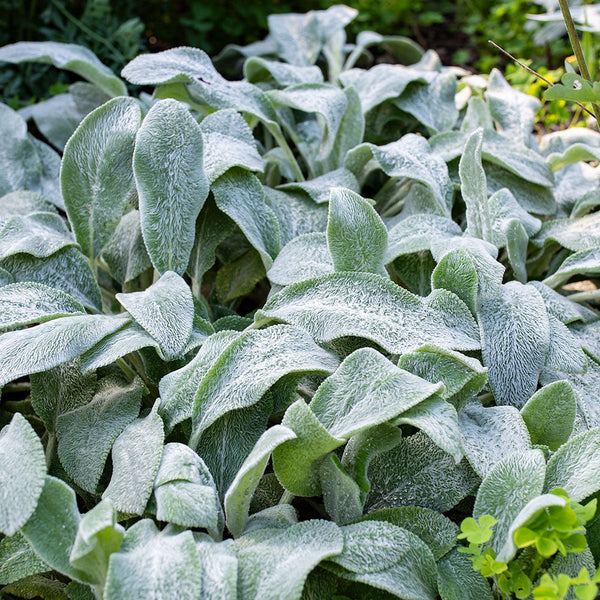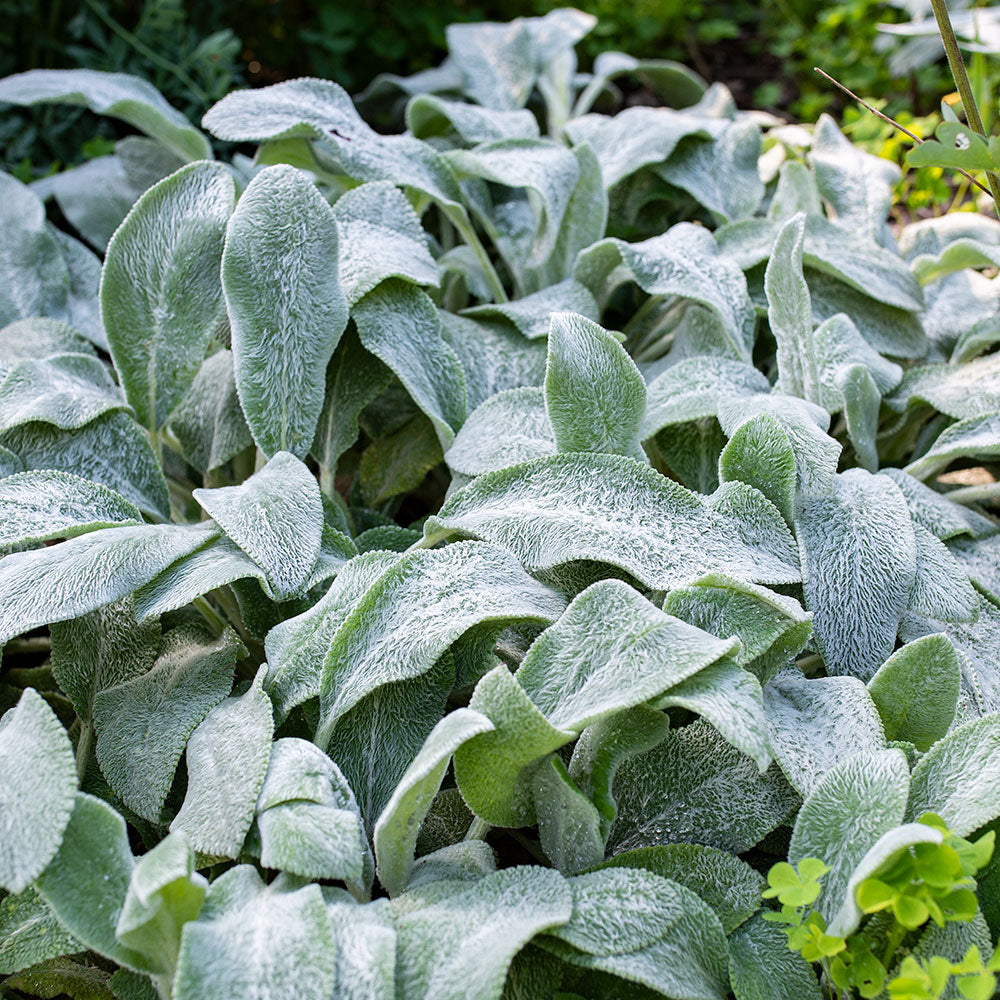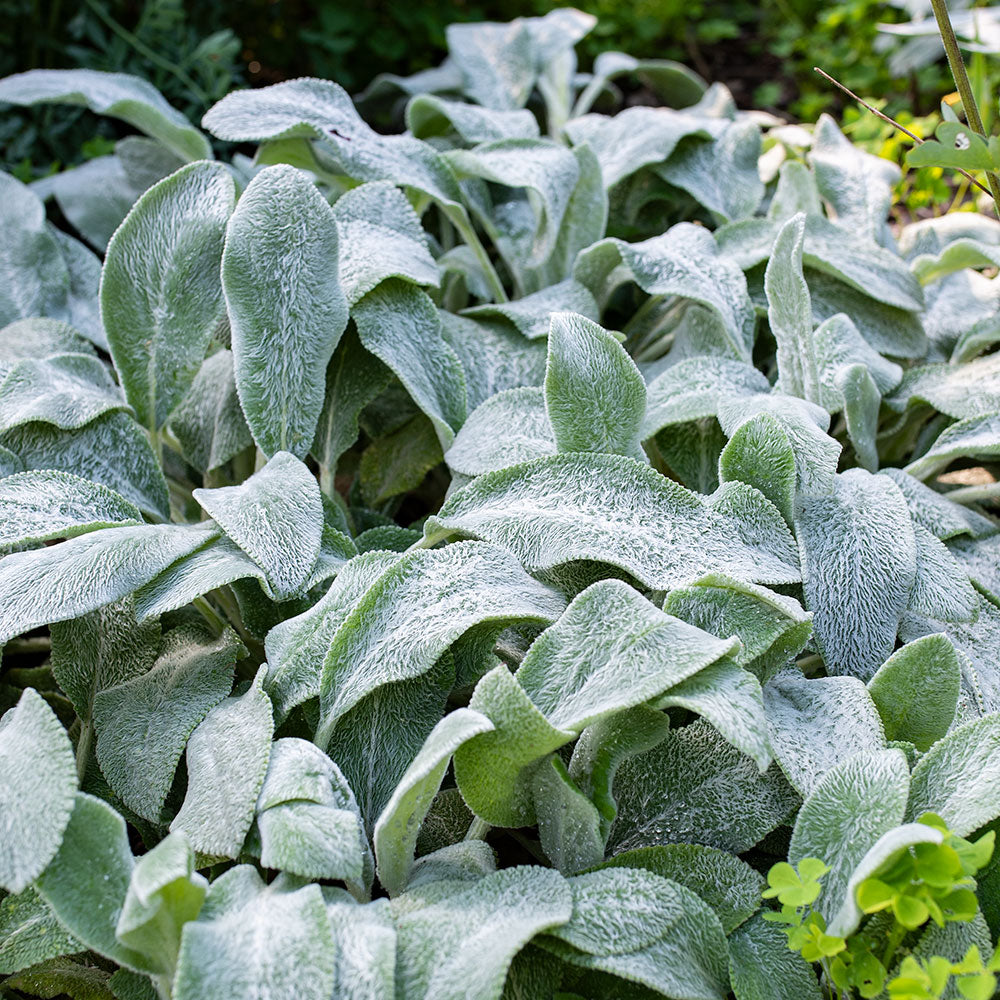SOWING INSTRUCTIONS
Starting Indoors:
Sow indoors 8-10 weeks before planting out after frost. Cover seed with a light sprinkling of vermiculite to retain humidity and keep at 70-75°F.
Starting Outdoors:
Direct sow after frost to early summer.
PLACEMENT & CULTIVATION
Lamb's ear's pettable silvery foliage takes a front-row seat at the edges of well-drained, drier cottage gardens, spreading a fine carpet of interesting leaves. The upright flower stalks display small pink blooms in early summer. Suffers in high humidity and rainy summer areas. Shear as needed to encourage fresh growth of the velvety foliage. Spreads by creeping stems, sometimes aggressively.
Watering Details:
Water regularly until established, when less water is needed. Water mornings only to allow foliage to dry quickly. Somewhat drought tolerant.
Soil pH:
Not particular about soil pH.
Fertilizer:
Mix in a few inches of compost prior to planting and top-dress yearly in spring thereafter, if desired.
Diseases & Pests:
Avoid fungal problems by spacing plants properly and by growing in a location with good airflow and well-draining soils.
